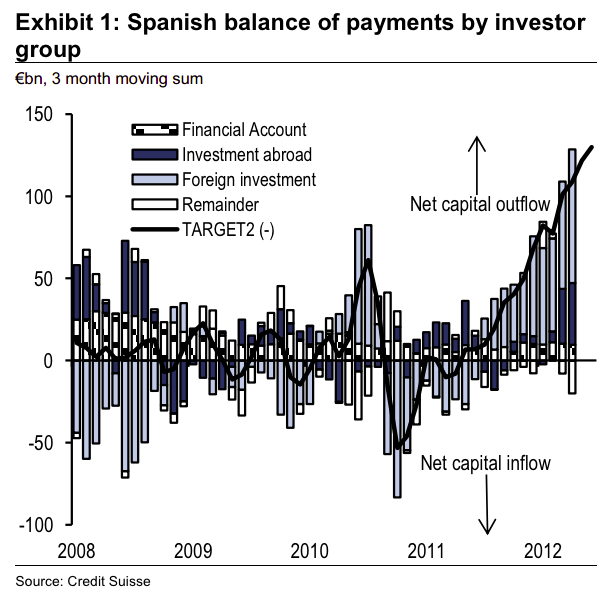By William K. Black
“When plunder becomes a way of life for a group of men living together in society, they create for themselves in the course of time a legal system that authorizes it and a moral code that glorifies it.” ~ Frederic Bastiat
Up with Chris Hayes is a remarkable show in which Chris Hayes and his guests have a two-hour discussion on a handful of issues. This allows in-depth discussions instead of sound bites. On Saturday, July 7, 2012, Hayes framed a discussion of Libor (London Inter-Bank Offered Rate). The segment was prompted by Barclays’ settlement with U.S. and UK authorities of claims based on the banks’ submitting false data to the British Bankers trade association so that they would announce manipulated Libor rates. Hayes used two similes for Libor to try to explain the fraud to an U.S. audience. He said it would be as if the gauge on the gas pump was tampered with by the seller so that he could over charge consumers. Let me add a few facts from my perspective as a white-collar criminologist. This is a very old problem. The bible and Talmud contain injunctions designed to forbid fraud in weights and measures. Those religious provisions are supplemented now with state inspections of gasoline pump meters. One common, sophisticated way that gasoline sellers continue to defraud their customers is a twist on something the ancient texts understood millennia ago – the actual quantity of fluids that are sold by volume is determined by their weight, not their volume. The ancients forbade pouring wine from a significant height because the admixture with air allowed the merchant to fill a glass with only two-thirds of a glass of frothy wine. A modern variant leads gasoline stations to sell their product without adjusting the fuel gages to reflect the actual (higher) temperature of the gasoline in their tanks. The higher temperature expands the fuel’s volume but not its weight or energy content. In the trade, this is known as “hot gas” or “hot fuel.” Continue reading →












